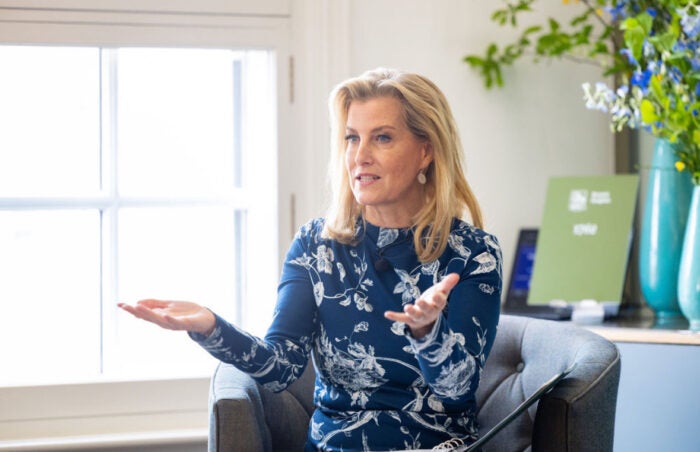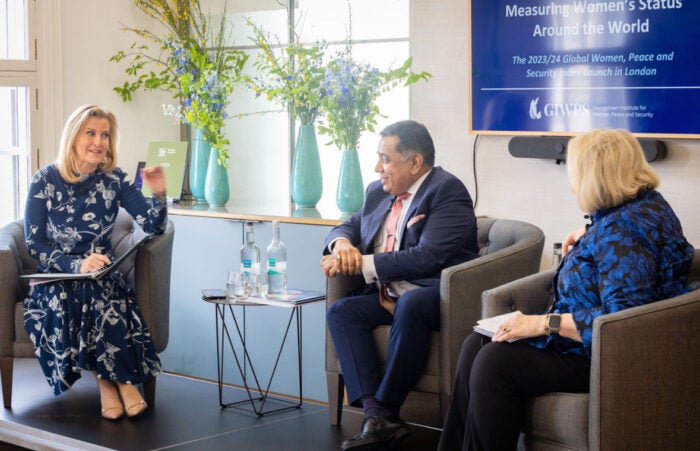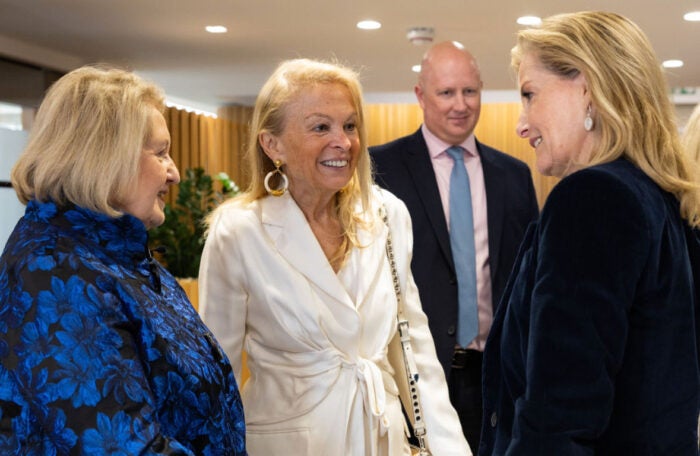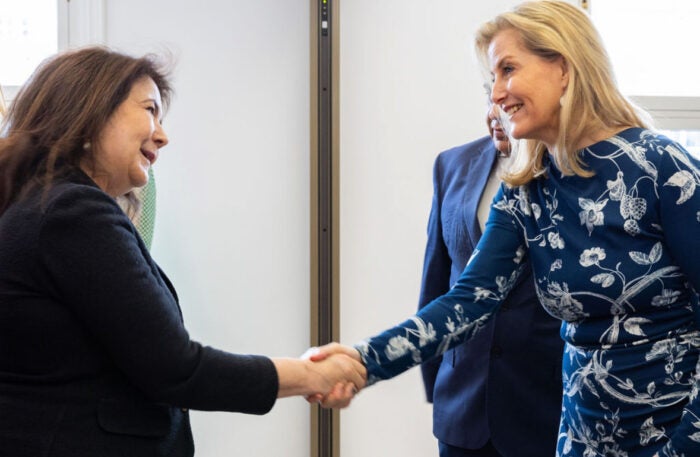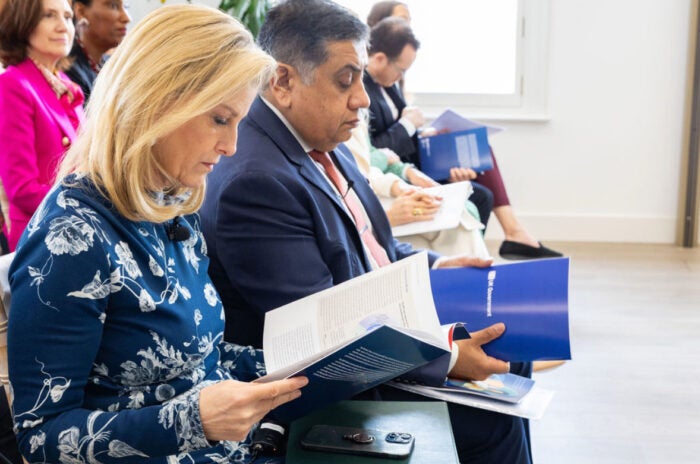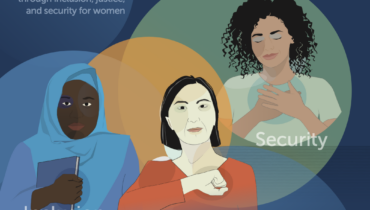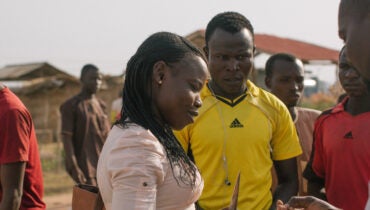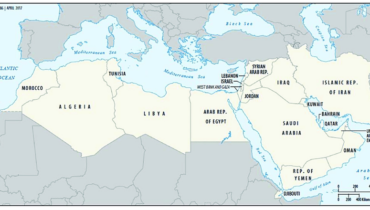The world is seeing a concerted effort to diminish women’s rights in 2024, from the Taliban’s campaign of gender apartheid in Afghanistan, to the widespread use of conflict-related sexual violence in Sudan and gender-based violence in Ukraine, to the US Supreme Court’s restriction of reproductive rights. Data from the 2023/2024 Women, Peace and Security Index (WPS Index) shows that the well-being of women and the well-being of nations go hand-in-hand. Activists and policymakers should redouble efforts to protect women’s rights and increase women’s meaningful inclusion at every level of society in order to advance a more peaceful, stable, and just world for all.
The Georgetown Institute for Women, Peace and Security (GIWPS) launched the WPS Index in the UK through a series of events last month. The WPS Index multidimensionally scores and ranks 177 countries in terms of women’s status and is published bi-annually by GIWPS and the Peace Research Institute Oslo.
“The Index finds that societies where women are doing well are also more peaceful, democratic, prosperous, and better prepared to adapt to the impacts of climate change,” said lead author of the WPS Index Elena Ortiz.
The events included briefings at Oxford and the London School of Economics and Political Science (LSE), where Ortiz presented headline findings from 2023/24 edition of the WPS Index including profiles of the best and worst performing countries, trends over time, regional insights, and emerging patterns on the gender dimensions of armed conflict.
“The UK ranks 26th this year on the Index, with a similar score to Croatia, France, and Spain,” she said.
Ortiz explained that women are well represented in the workforce in the UK, at over 75%, and the UK is one of only 13 countries where all women have access to their own bank account. However, rates of maternal mortality are relatively high at about 10 deaths per 100,000 live births, placing the UK among the bottom five developed countries on this indicator.
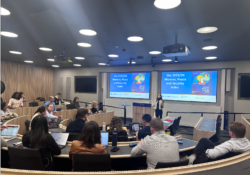
The WPS Index was also featured at a high-level event attended by Her Royal Highness The Duchess of Edinburgh GCVO, the Prime Minister’s Special Representative for Preventing Sexual Violence in Conflict Lord (Tariq) Ahmad of Wimbledon, US Ambassador to the UK Jane Hartley, member of the House of Lords Baroness Mary Goudie, and former US Ambassador for Global Women’s Issues Ambassador Melanne Verveer.
Speakers addressed the devastation and scale of conflict-related sexual violence and its use as a tactic of warfare as well as methods of prevention, including investing in grassroots women’s organizations on the frontlines of conflict.
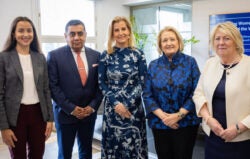
All of the bottom 20 countries on this year’s Index have experienced armed conflict between 2021 and 2022. In most of these countries, more than half of the women live in close proximity to conflict. This factor is also highlighted in the Women, Peace and Security Conflict Tracker which combines real-time data points and original analysis to offer gender-sensitive insight into conflict dynamics.
Speakers at the UK events also discussed barriers to gender equality–including in the UK and the US, whose ranking this year went down from the inaugural 2017 index. In the UK, the ranking dropped from 12th to 26th and the US dropped from 26th to 37th. The WPS Index uses 13 indicators from recognized data sources to measure women’s status, ranging from education and employment to legal protections and exposure to armed conflict.
“Over the years we have witnessed remarkable strides towards gender equality, however, as we evaluate the global landscape through the 2023/24 Index it is evident that there is still much ground to cover,” said Baroness Goudie. “It is our duty to ensure that the voices and contributions of women are not only acknowledged but actively integrated into the decision-making processes that shape our national security and global engagements, at every level.”
These events were hosted by the Georgetown Ambassadors for Women, Peace and Security based in the UK, a community of political, business, and civil society leaders who champion and amplify the important work of GIWPS.
